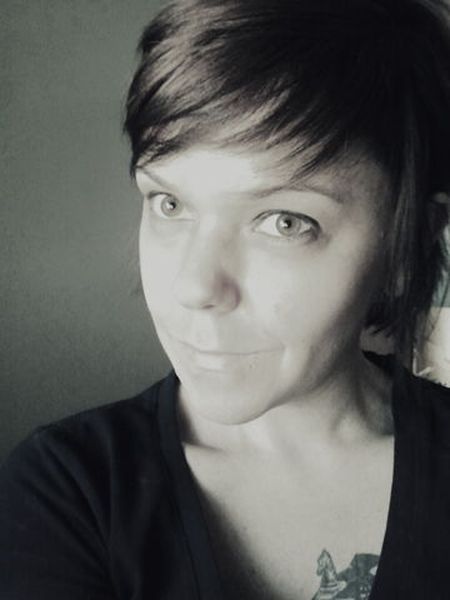How much does it cost to earn Olympic glory? For Great Britain, each of the near 70 medals cost roughly R97-million. Australia, about R120-million. South Africa? Well, Sascoc say they have spent just R35-million on both their Olympic and Paralympic programmes. If that overall cost of the programme is loosely divided between the 10 medals South Africa won, the cost per gong was around R3.5-million.
Of course, these numbers aren’t quite so simple. Teams like the South African Sevens side have pre-existing deals with rugby’s governing body that cater for their training and preparation and the country’s top athletes have their own funding from sponsorship agreements and races that they have won. But the overall picture is clear: South Africa has a wealth of sporting talent just waiting to be uncovered.
Even the current “excellence programme” has often caught much ire from South Africa’s athletes, with stories of reimbursements taking months to be paid out. But with the success of these Games – 10 medals was the target Sascoc had set – comes a unique opportunity for the embattled governing body.
It’s been years since such a talented crop of athletes all shone so brightly. In the sporting world, where talent is a big money business, there has never been a better opportunity to tap up solid sponsors to fund these programmes . It would ensure not only that the talent that already exist in the system is taken care of, but that the talent that exists outside of it is found, nurtured and supported to help the country achieve even more excellence.
But money is not a one-fix wonder for winning medals. Fostering talent and helping it excel takes hard work and people who know what they are doing. One of the best examples of how that works is probably the South African rowing teams.
Of the five rowing teams the country sent to the Olympics, all made the final. One team won a medal, two others finished fourth, with a further two placing fifth. Just one team did not qualify directly for their semi-final and had to go through the repechage round. Great Britain spends over R140-million on rowing alone, an amount South Africa’s rowing team can only dream of. They function on a measly amount of about R5.7-million a year.
The man behind this, who must have felt bitterly frustrated with the few seconds that stood between his teams and a clean medal sweep, is Roger Barrow. The head coach has proven that having a functional high performance programme on a budget is possible.
There are many more people like Barrow out there. It is up to Sascoc to find those people and empower them to make the right decisions for the country’s current and future talent.
Sascoc has been presented with a golden opportunity and while many questions remain over the management of the Commonwealth Games to be held in Durban 2022, this is a chance for redemption. To screw this up will take a special kind of self-interest. Not once since readmission has the athletics future of the country looked so bright, but let's face it: many of these athletes have excelled in spite of the current system, not because of it.
This can change. Sports like hockey – which both of South Africa’s men’s and women’s teams qualified for via the continental route, which Sascoc does not count as good enough to attend the Games – could do with a boost and could yield medals at the 2020 Games in Tokyo. In order to achieve this they need funding and it is up to Sascoc to find those sponsors, even in tough economic times.
But there are also problems that need addressing. The absence of female swimmers – and their poor qualification times ahead of the Games – is a major concern. The emerging male swimmers also need to be nurtured and supported and given the opportunity to excel.
It takes an immense amount of time and investment to become an Olympic, professional athlete, but the country’s top sports people need to be in a position where they need to only worry about how they perform. They cannot be spending time needing to crowdfund for their trips to championships, as Chad Ho – who finished in the top 10 of the men’s open water swim – had to do. And they certainly cannot expect their parents to sell boerewors rolls, like hurdler Antonio Alkana’s parents did.
It is imperative that for the sporting success of the country’s talents – including the vast number of children in rural and disadvantaged areas who have not even been discovered yet and for which Sascoc must obtain the additional funding – these programmes are merged with high performance programmes such as that at the University of Pretoria.
Ensuring the various codes and programmes are properly administered and athletes are happy will not be easy, but achieving sporting excellence never is. Besides, considering the challenges so many of South Africa’s athletes have had to overcome, what can be Sascoc’s excuse? DM
Photo: Wayde van Niekerk (C) of South Africa on his way to win the men’s 400m final of the Rio 2016 Olympic Games Athletics, Track and Field events at the Olympic Stadium in Rio de Janeiro, Brazil, 14 August 2016. Van Niekerk set a new World Record time of 43.03 seconds. EPA/YOAN VALAT





